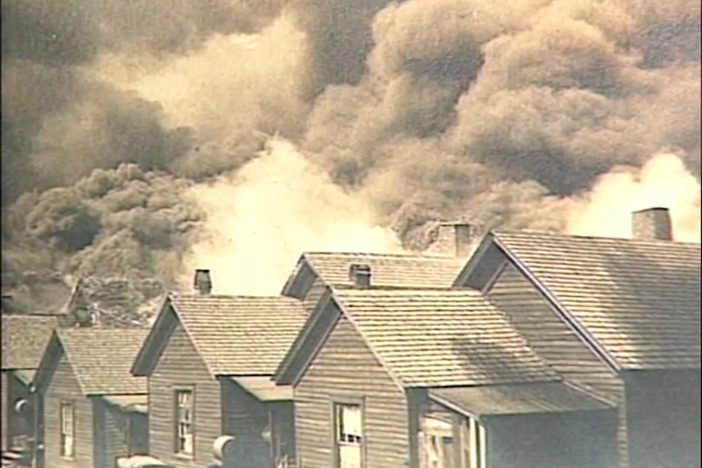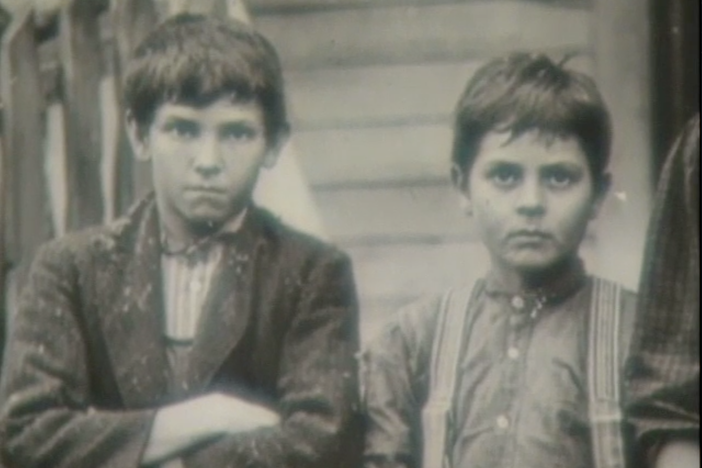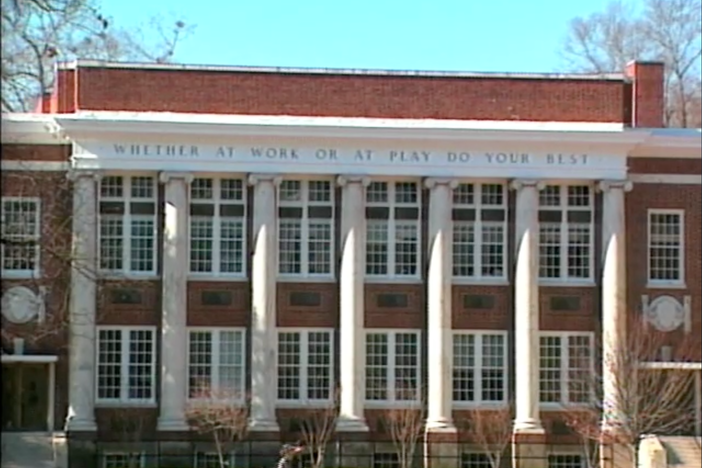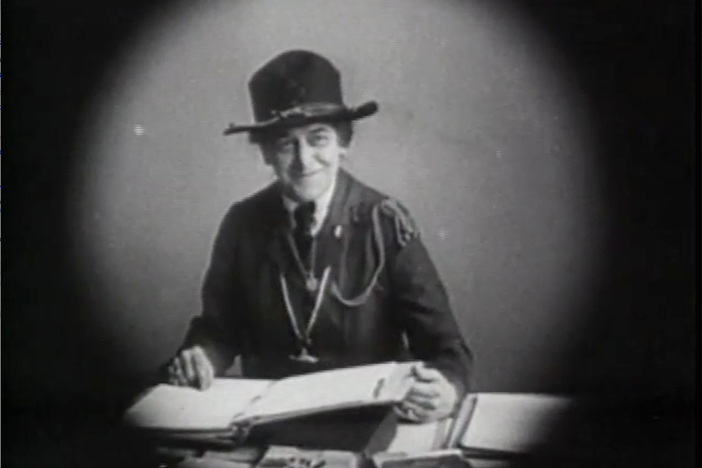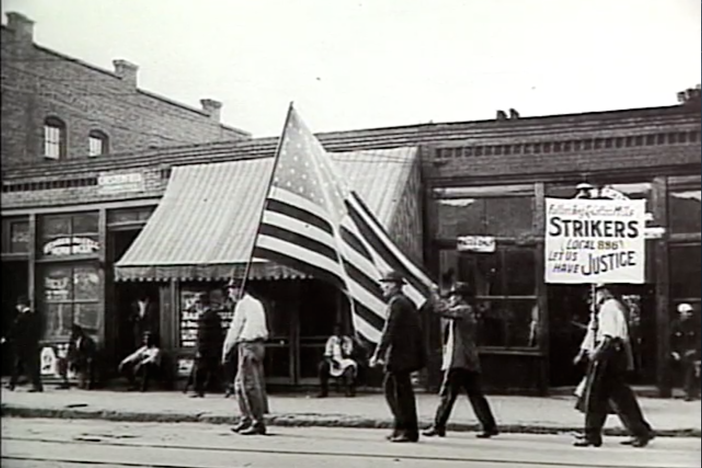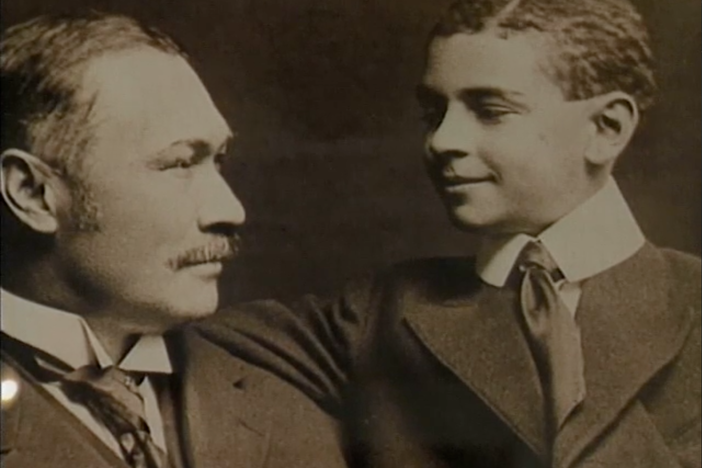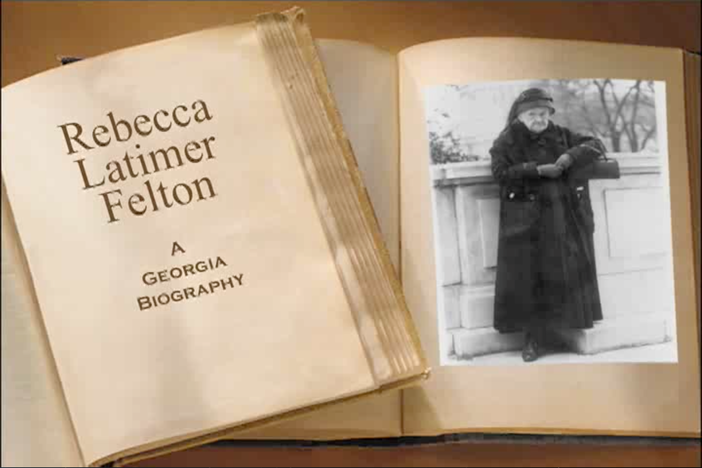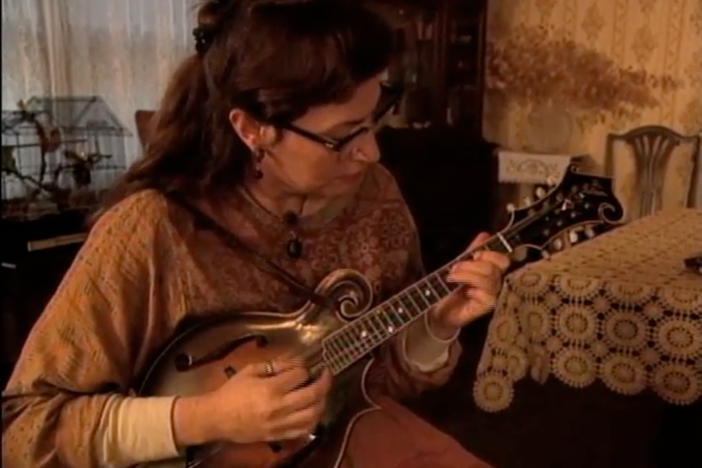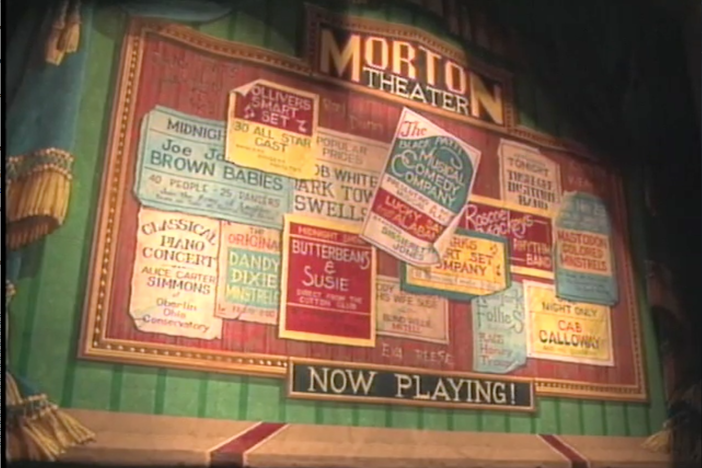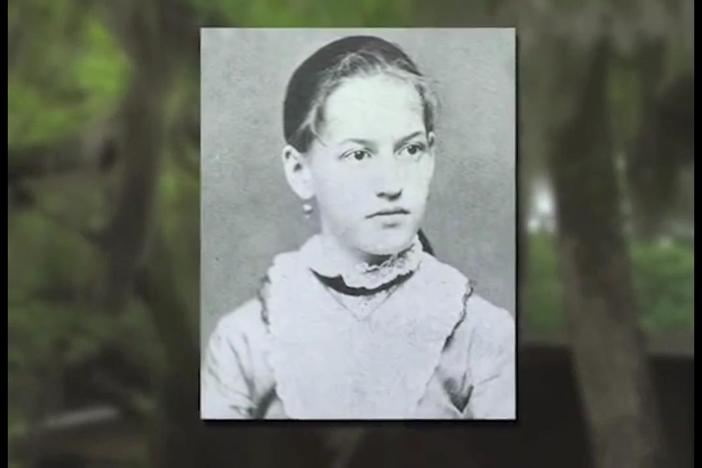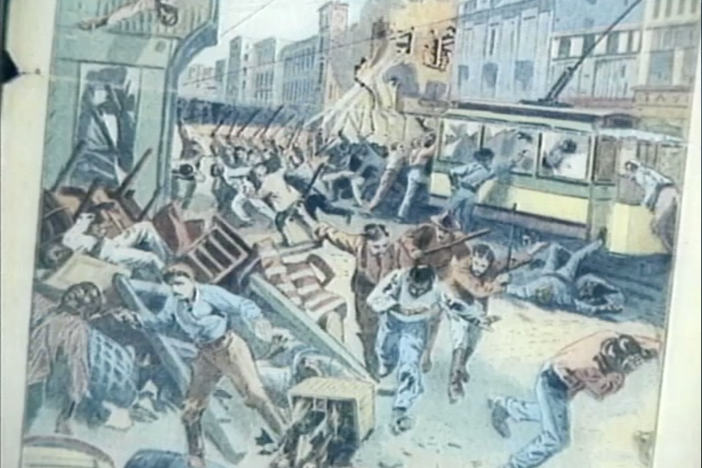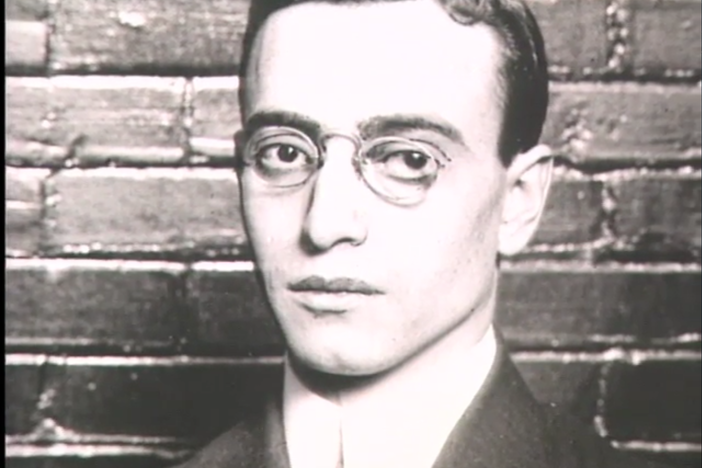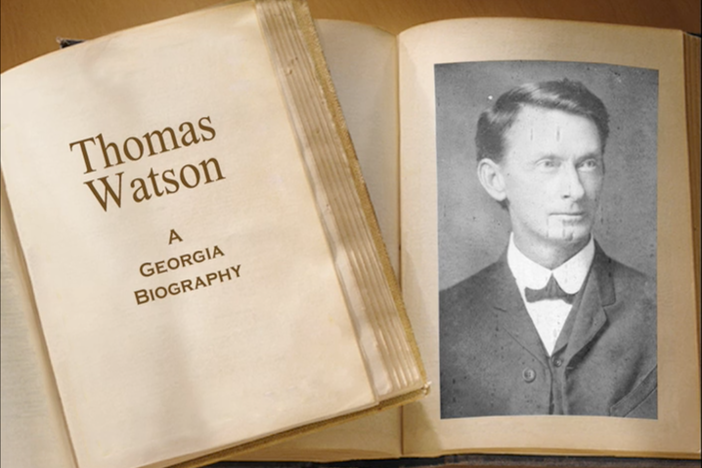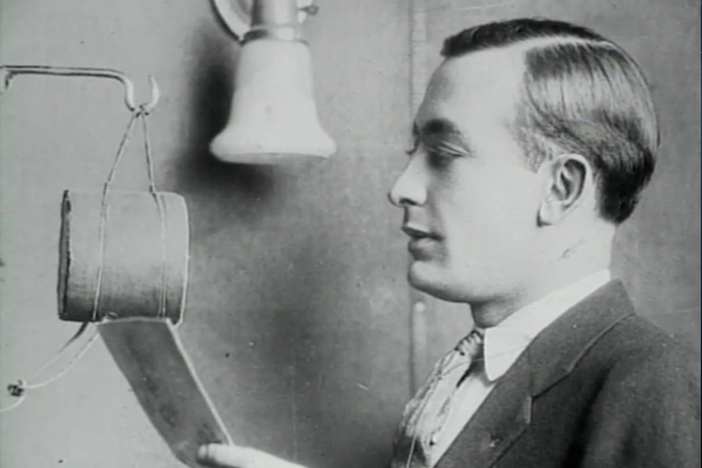Welcome South, Brother: Georgia's First Radio Station
Marcus Bartlett, a retired executive vice president for Cox Communications; Elmo Ellis, retired vice president of WSB; and Allan Macleod of the College of Journalism at the University of Georgia discuss Atlanta’s WSB (for “Welcome South, Brother”) radio station, the first to broadcast in the South.
Welcome South, Brother: Georgia's First Radio Station
Marcus Bartlett, a retired executive vice president for Cox Communications; Elmo Ellis, retired vice president of WSB; and Allan Macleod of the College of Journalism at the University of Georgia discuss Atlanta’s WSB (for “Welcome South, Brother”) radio station, the first to broadcast in the South.
1. Why is the radio referred to as a communication revolution in the 1920s?
2. Explain the significance of the radio broadcast regarding the Hindenburg disaster. Compare this to a modern publicized disaster.
3. Describe the kind of impact Franklin Delano Roosevelt's "fireside chats" had on the American people.
1. Find recordings of old radio shows. Listen to these in class. Your class should be divided into groups of 2, 3 or 4 people. Each group will write a radio show that would have been popular for teens in the 1920s (cowboys, comedy, music, etc.). Perform these in before the class using scripts. (Shows may be any length from 5 up to 10 minutes. If someone wants to do a “Fireside Chat” by our current President, that is another option.)
mass communications: using various mediums such as radio, television, newspapers, magazines, film, internet to distribute information, entertainment, and advertising to a large number of people at the same time
Hindenberg: the name of the German zeppelin (airship) that exploded while attempting to land on May 16, 1937, in Lakehurst, New Jersey; at the time it was the largest aircraft ever to fly
Fireside Chats: a series of radio chats given by President Franklin D. Roosevelt in the 1930s to explain his policies and reassure people during the Great Depression
1. Why is the radio referred to as a communication revolution in the 1920s?
Radio began to become widespread at this time. It was the first time information could be delivered almost immediately to listeners all over the country.
2. Explain the significance of the radio broadcast regarding the Hindenburg disaster. Compare this to a modern publicized disaster.
The coverage of the Hindenburg disaster, live and on the air, illustrated that radio could give up-to-date information and could be dramatic at the same time. (Student answers may vary for second part of the question.)
3. Describe the kind of impact Franklin Delano Roosevelt's fireside chats had on the American people.
His fireside chats gave people hope during a difficult time (The Depression) in our country’s history. The American public was able to hear directly from the president regarding updates and progress regarding the state of the nation.
